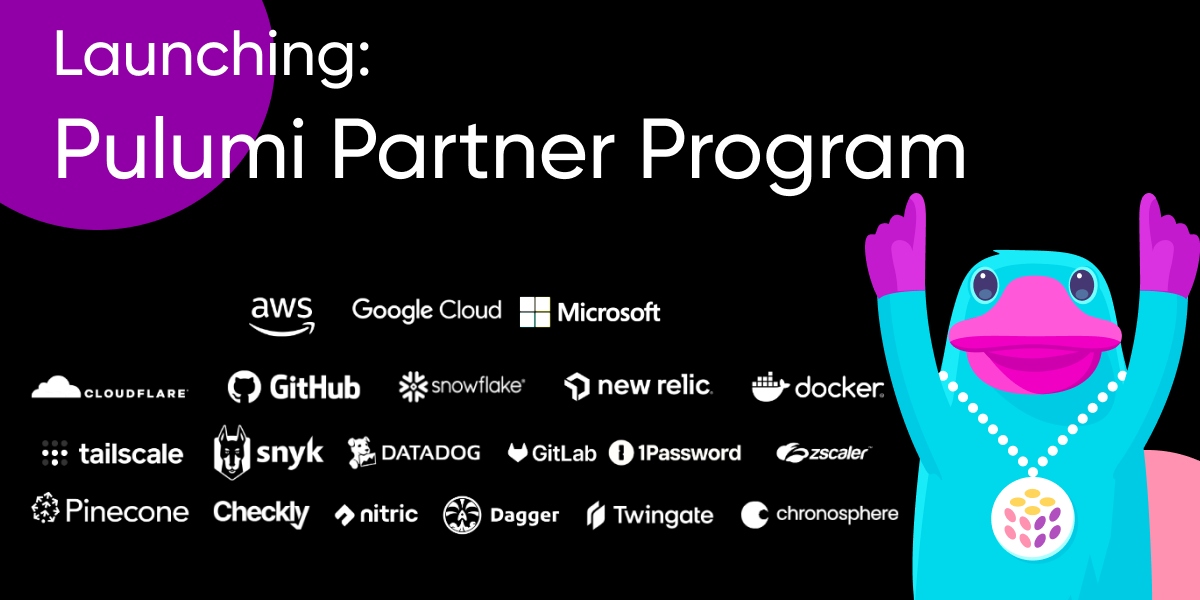
Event-driven, serverless functions have become a defining feature of many modern cloud architectures. With recent
capabilities such as AWS Lambda URLs and
AWS Lambda Containers, AWS has made it clear that Lambda
Functions are a platform that teams can use to deliver increasingly sophisticated services without worrying about
managing underlying compute resources.
Today, AWS announced another advancement for their Lambda Functions platform: Attribute-Based Access Control
(ABAC). At its core, ABAC support brings more granular permissions that are automatically applied based on IAM role tags,
Lambda tags, or both. This update builds on well-established Role-Based Access Control (RBAC) principles while making it
possible to implement granular controls without permissions updates for every new user and resource.
Read more →










